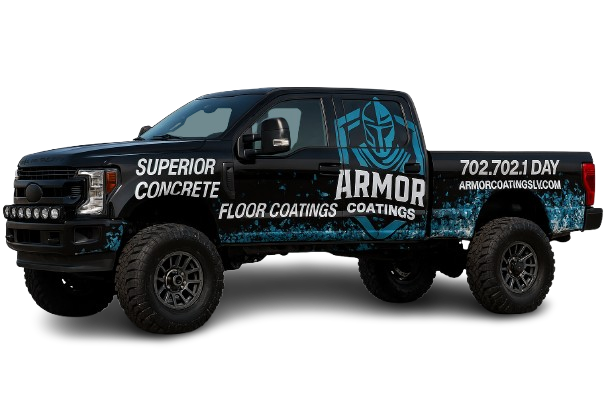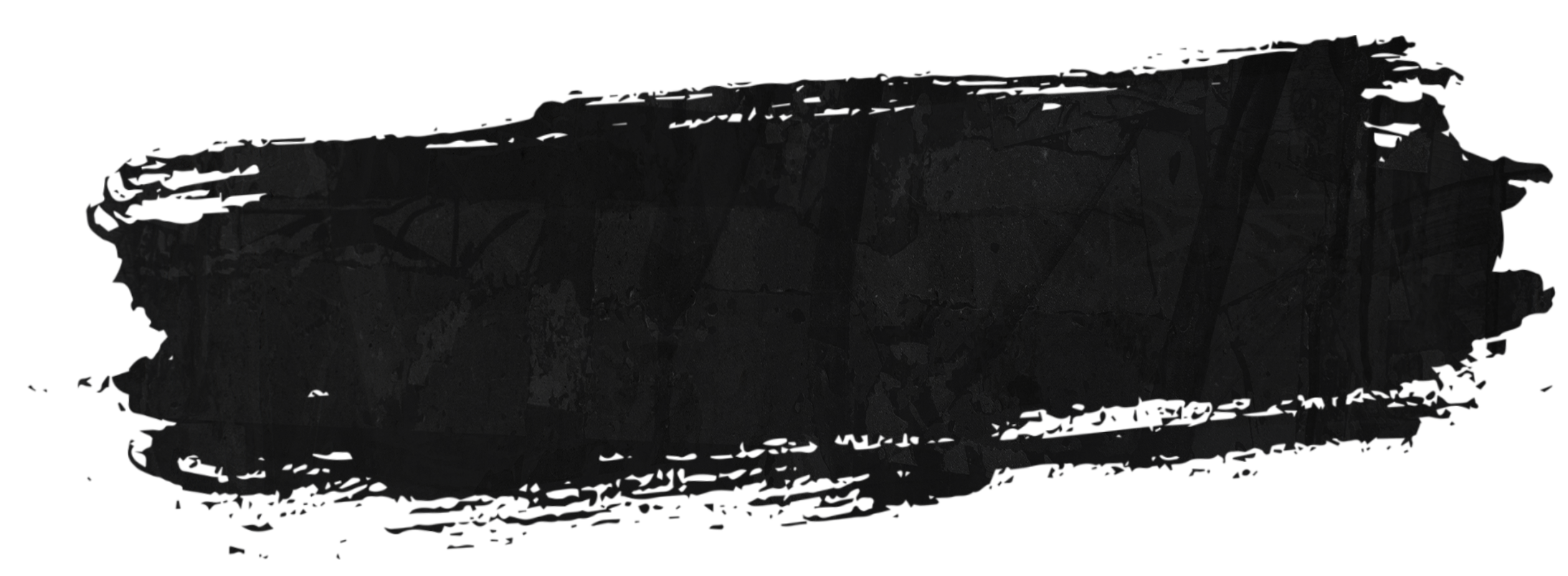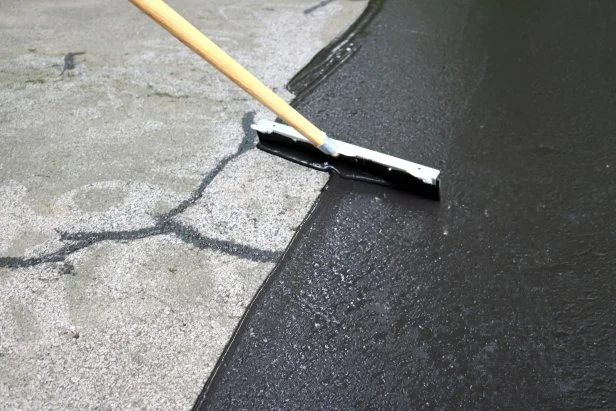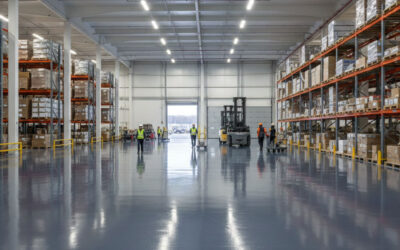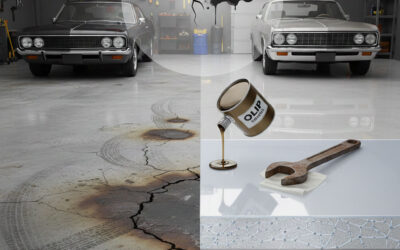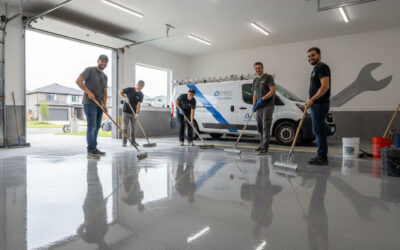Your driveway is one of the first things people notice when approaching your home or business. More than just a parking space, it’s a functional surface that faces constant wear from vehicles, foot traffic, changing weather, and chemicals like oil and salt.
Over time, this exposure can cause damage that weakens the surface and diminishes its appearance. Applying a concrete coating is a smart way to extend your driveway’s life and improve its durability and aesthetics.
But how do you know it’s time to take action? Recognizing the early signs can help you protect your investment and avoid costly repairs later.
Visible Cracks and Surface Damage
One of the most obvious signs your driveway needs a coating is visible cracking.
- Small hairline cracks can expand if left untreated, allowing moisture to penetrate and cause deeper damage.
- Surface pitting, chipping, or flaking indicates that the concrete is weakening.
- Uneven patches or exposed aggregate can signal surface erosion.
A concrete coating can seal these imperfections, preventing further wear and offering a refreshed look and better surface protection.
Fading and Discoloration
Your driveway is constantly exposed to UV rays, oil spills, and other staining substances, which take a toll on its appearance.
- Discoloration or fading suggests the surface is losing its protective seal.
- Dark patches, rust stains, or chemical marks may become permanent without a coating.
- A dull, weathered appearance lowers curb appeal and can affect property value.
Concrete coatings restore a vibrant, uniform finish and provide resistance to future staining and sun damage.
Water Pooling or Drainage Issues
Water should run off your driveway efficiently—but if it doesn’t, it could point to underlying issues.
- Pooled water may indicate an uneven surface or low spots.
- Moisture that seeps into cracks can lead to freeze-thaw damage in colder climates.
- Standing water accelerates erosion and contributes to mildew and algae growth.
A properly applied coating not only fills in low areas but also creates a non-porous surface that repels water and improves drainage.
Slippery or Unsafe Surface
Safety is another key reason to consider a concrete coating for your driveway.
- A smooth or worn-down surface can become slippery when wet or icy.
- Algae, mold, or oil build-up can increase the risk of slips and falls.
- Coatings with textured or anti-slip finishes enhance grip and safety for vehicles and pedestrians alike.
Improving traction with a textured coating is especially important for sloped or heavily used driveways.
Frequent Maintenance or Difficult Cleaning
If you find yourself constantly cleaning or repairing your driveway, a coating could save time and money in the long run.
- Dirt, leaves, and oil are harder to clean from rough, porous surfaces.
- Unsealed concrete may absorb stains quickly, requiring harsh cleaners to remove them.
- Ongoing patch jobs or reapplications of sealer may indicate that your driveway is ready for a more permanent solution.
Concrete coatings provide a smoother, sealed surface that’s easier to clean and more resistant to future damage.
Your driveway works hard every day, and over time, it shows. Whether you’re seeing cracks, stains, standing water, or just a general decline in appearance, these are all signs that it might be time for a concrete coating.
Not only does a coating protect your driveway from the elements and wear, but it also boosts its look and extends its lifespan. Taking action early ensures long-term savings and a safer, more attractive surface for years to come.







